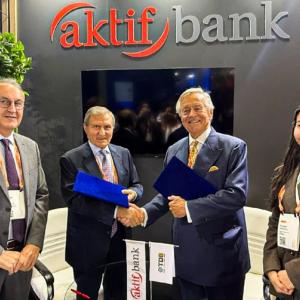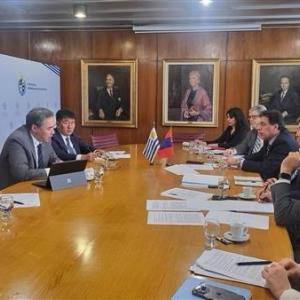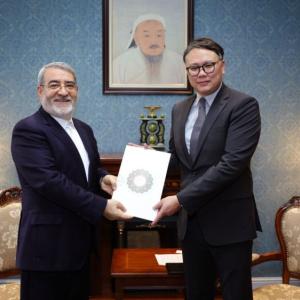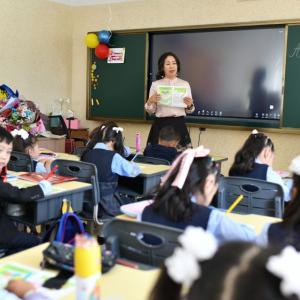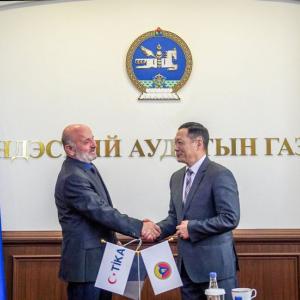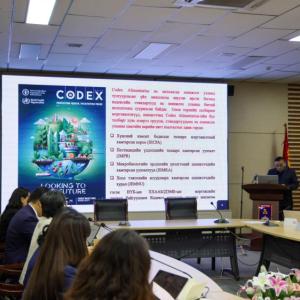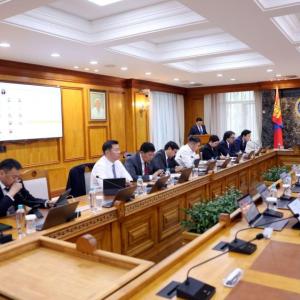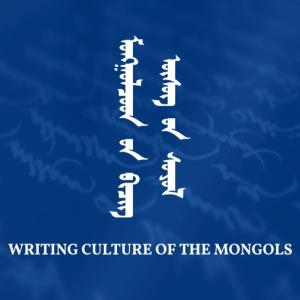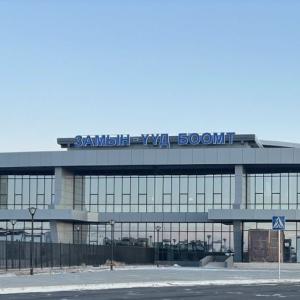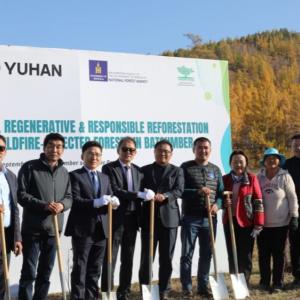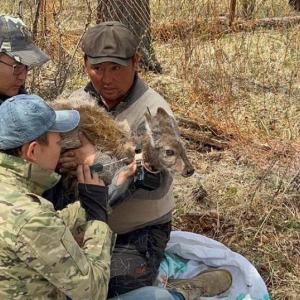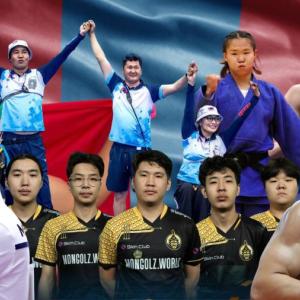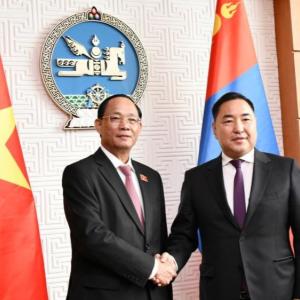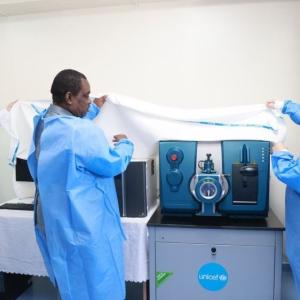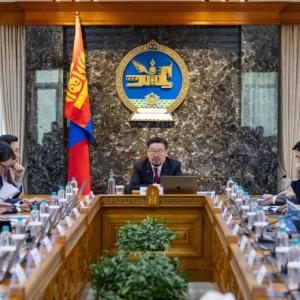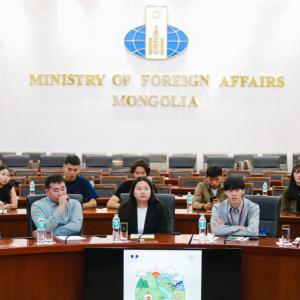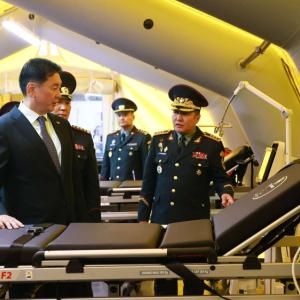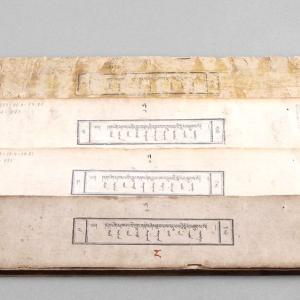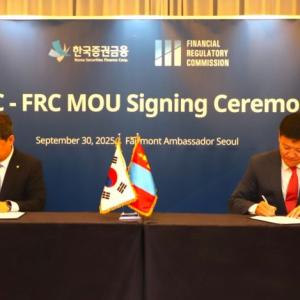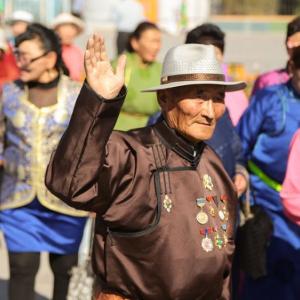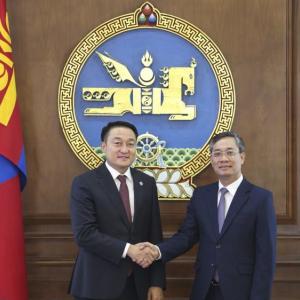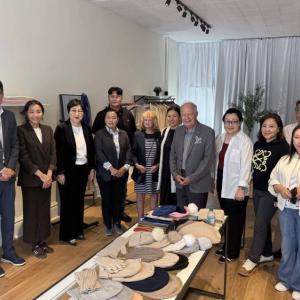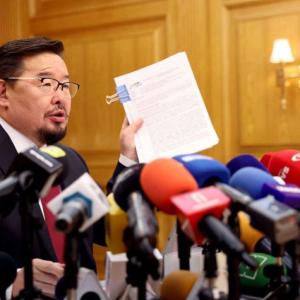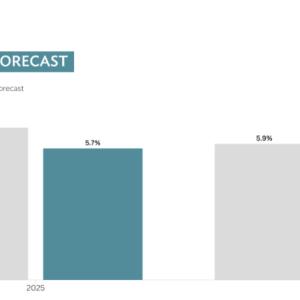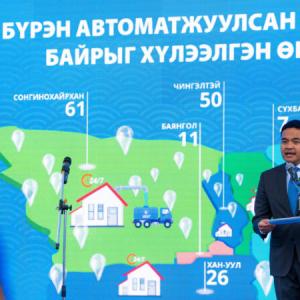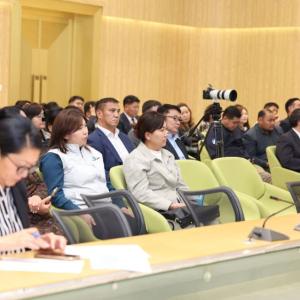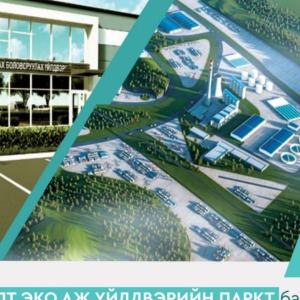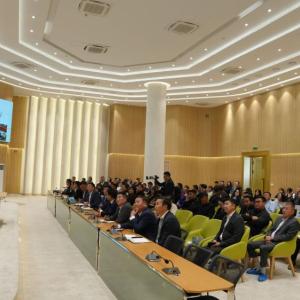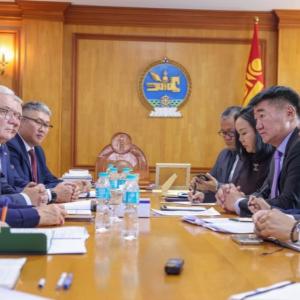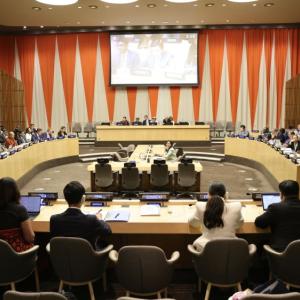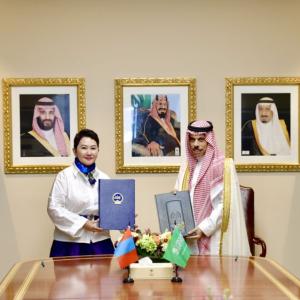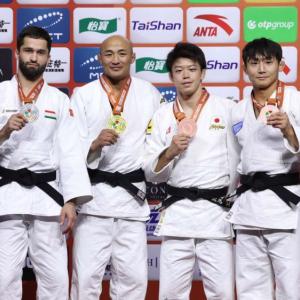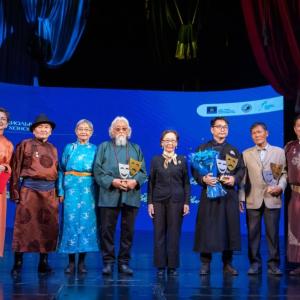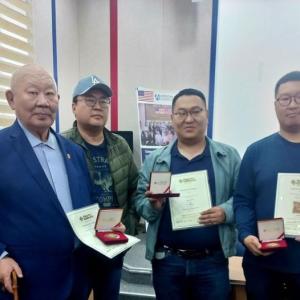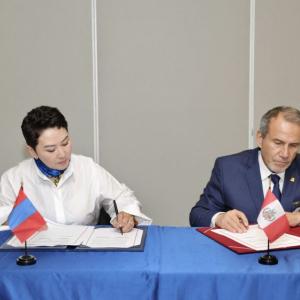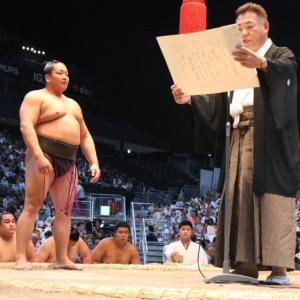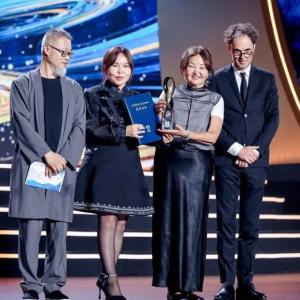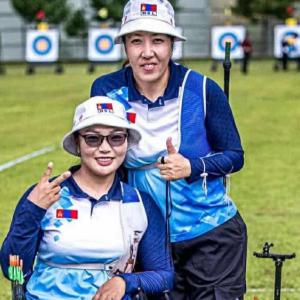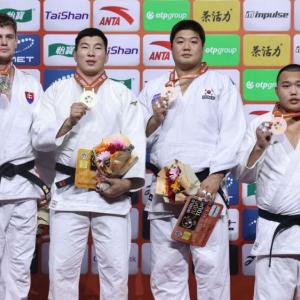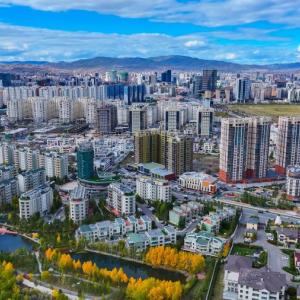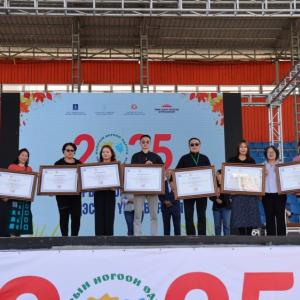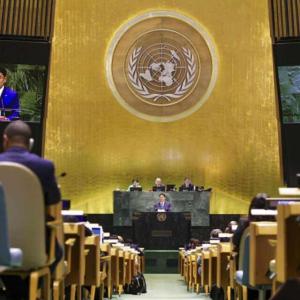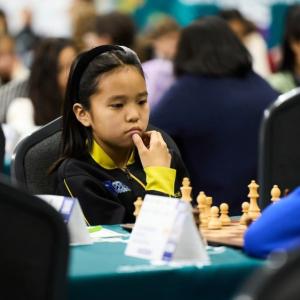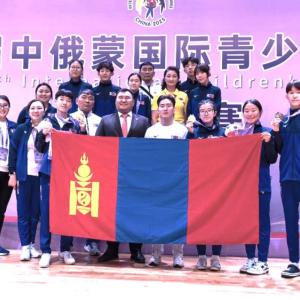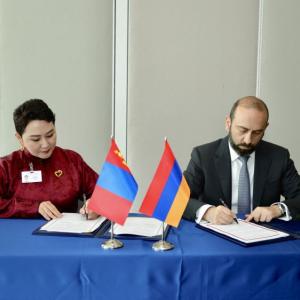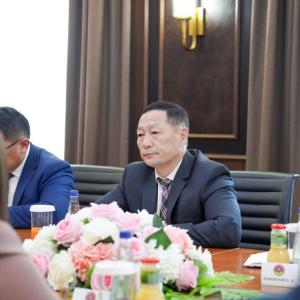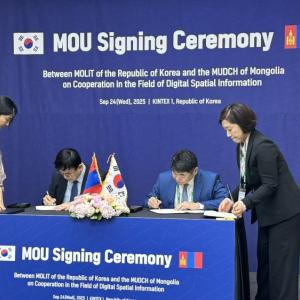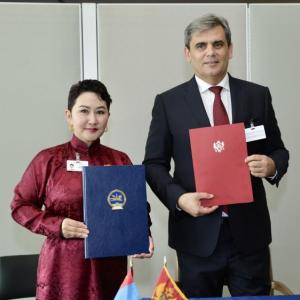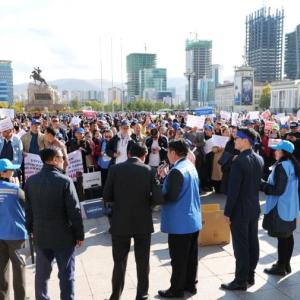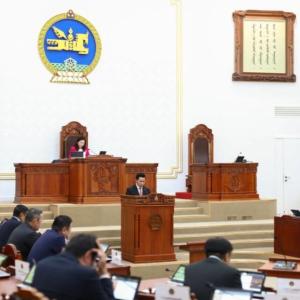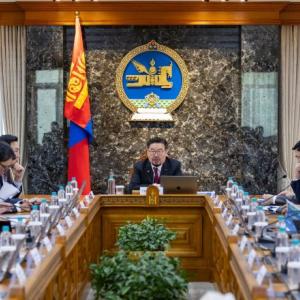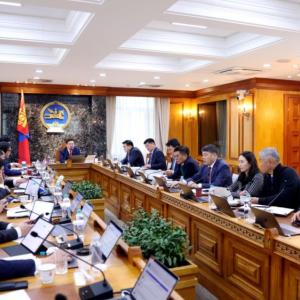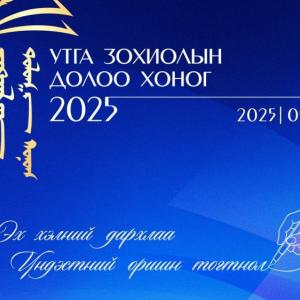Linguists discuss challenges for Mongolian language
Society
Ulaanbaatar /MONTSAME/ Participants of ‘Challenges and Future Trends in Mongolian Language’ symposium have emphasized the importance of discussing the problems surrounding the mother language.
The Office of the President and the National Council on Language Policy co-organized a symposium themed ‘Challenges and Future Trends in Mongolian Language’ in the State House on October 17 under the auspices of the President of Mongolia.
Cultural and Religious Policy Advisor to the President Ts.Khulan sounded a decree of the President on proclaiming September 1 as the Day of Mother Language and then expressed her readiness to closely cooperate with the National Council on Language Policy and other organizations in preserving the Mongolian language.
Regarding challenging issues on preservation of the Mongolian language, presentations were made by a number of linguists and scholars including Dr. J.Bayansan, consultant professor at the National University of Mongolia, Dr. D.Tseveendorj, senior researcher at the Institute of Language and Literature of the Mongolian Academy of Sciences, Dr. D.Zayabaatar, Director of Institute of Mongolian Studies at the National University of Mongolia, N.Narangerel, Head of a Working Group in the National Council on Language Policy and Dr. S.Dulam. The speakers touched upon issues such as systemization of terms and foreign words, policy coordination for universal school textbooks and regulation of addresses.
Moreover, the participants also appreciated the works of the National Council on Language Policy such as the making of a new Mongolian language dictionary, digitalization of traditional Mongolian script and reestablishment of State Commission on Terminology.
State Honored Science Fellow S.Dulam pointed out that it was time to create a knowledge-based Mongolian language and phrases. “We must compete with other languages by renewing our mother tongue in this time of globalization,” he said, citing examples of other languages.
“We must translate new knowledge and terms accurately into our own language,” he said.
“Constant change of curriculum is a main reason for the falling levels of Mongolian language proficiency. The existing anarchism in society has penetrated the mother language, and using oral language for writing has become common,” said Sambuudorj (Ph.D), Division Head at the Institute of Language and Literature at the Mongolian Academy of Sciences.
As such, the participants noted the symposium was indeed a timely event.
The Office of the President and the National Council on Language Policy co-organized a symposium themed ‘Challenges and Future Trends in Mongolian Language’ in the State House on October 17 under the auspices of the President of Mongolia.
Cultural and Religious Policy Advisor to the President Ts.Khulan sounded a decree of the President on proclaiming September 1 as the Day of Mother Language and then expressed her readiness to closely cooperate with the National Council on Language Policy and other organizations in preserving the Mongolian language.
Regarding challenging issues on preservation of the Mongolian language, presentations were made by a number of linguists and scholars including Dr. J.Bayansan, consultant professor at the National University of Mongolia, Dr. D.Tseveendorj, senior researcher at the Institute of Language and Literature of the Mongolian Academy of Sciences, Dr. D.Zayabaatar, Director of Institute of Mongolian Studies at the National University of Mongolia, N.Narangerel, Head of a Working Group in the National Council on Language Policy and Dr. S.Dulam. The speakers touched upon issues such as systemization of terms and foreign words, policy coordination for universal school textbooks and regulation of addresses.
Moreover, the participants also appreciated the works of the National Council on Language Policy such as the making of a new Mongolian language dictionary, digitalization of traditional Mongolian script and reestablishment of State Commission on Terminology.
State Honored Science Fellow S.Dulam pointed out that it was time to create a knowledge-based Mongolian language and phrases. “We must compete with other languages by renewing our mother tongue in this time of globalization,” he said, citing examples of other languages.
“We must translate new knowledge and terms accurately into our own language,” he said.
“Constant change of curriculum is a main reason for the falling levels of Mongolian language proficiency. The existing anarchism in society has penetrated the mother language, and using oral language for writing has become common,” said Sambuudorj (Ph.D), Division Head at the Institute of Language and Literature at the Mongolian Academy of Sciences.
As such, the participants noted the symposium was indeed a timely event.
Kh.Aminaa

 Ulaanbaatar
Ulaanbaatar
